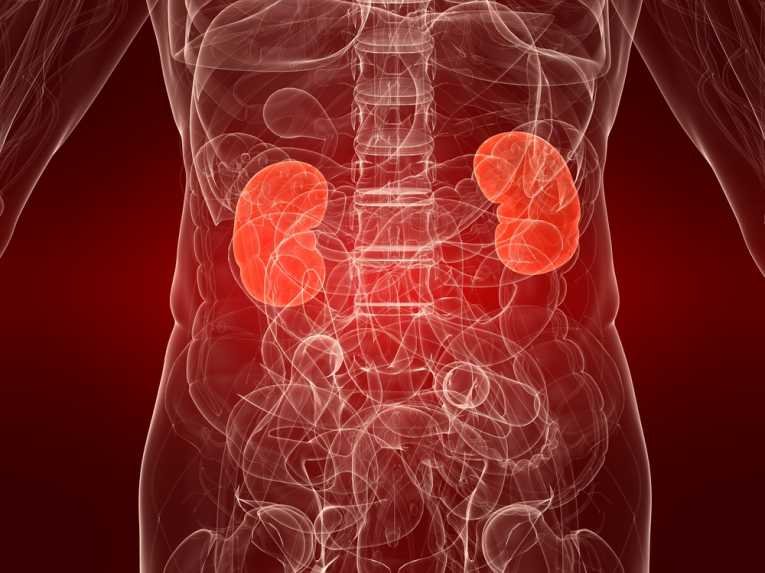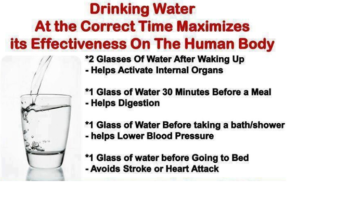In today’s fast-paced world, our lifestyle choices can significantly impact our kidney health. Often overlooked, the kidneys play a crucial role in filtering waste, regulating blood pressure, and maintaining overall bodily balance. Unfortunately, several common bad habits can silently damage these vital organs, potentially leading to serious health complications.
The Hidden Dangers of Smoking
Smoking is one of the most destructive habits for kidney health. The toxic chemicals in tobacco smoke don’t just harm your lungs—they wreak havoc on your kidneys as well. Research shows that smokers are approximately 50% more likely to develop chronic kidney disease compared to non-smokers. The harmful substances in cigarettes damage blood vessels, reduce blood flow to the kidneys, and accelerate the progression of existing kidney damage.
Alcohol’s Negative Impact on Kidney Function
While an occasional drink might seem harmless, excessive alcohol consumption can severely compromise kidney health. Regular heavy drinking causes:
- Increased blood pressure
- Dehydration
- Direct cellular damage to kidney tissues
Medical studies indicate that individuals who consume more than three alcoholic drinks daily have a significantly higher risk of developing kidney disease.
Dehydration: A Silent Kidney Killer
Many people underestimate the importance of proper hydration. When you don’t drink enough water, your kidneys struggle to filter waste effectively. Chronic dehydration can lead to:
- Kidney stone formation
- Reduced kidney function
- Increased risk of urinary tract infections
Experts recommend drinking at least 8 glasses of water daily to maintain optimal kidney health.
Blood Pressure and Kidney Health
High blood pressure is a major threat to kidney function. When blood pressure remains consistently elevated, it damages the delicate blood vessels in the kidneys, reducing their ability to filter waste efficiently. This can create a dangerous cycle where kidney damage further increases blood pressure, potentially leading to chronic kidney disease.
The Diabetes-Kidney Connection
Diabetes is perhaps the most significant risk factor for kidney damage. High blood sugar levels can destroy kidney blood vessels, impairing their filtering capability. Approximately 30% of patients with type 2 diabetes develop kidney disease, making careful diabetes management crucial for kidney protection.
Obesity’s Impact on Kidney Function
Excess body weight puts tremendous strain on your kidneys. Obesity increases the risk of:
- High blood pressure
- Diabetes
- Inflammation
- Metabolic disorders
Maintaining a healthy weight through balanced diet and regular exercise is essential for kidney health.
Sedentary Lifestyle and Kidney Risks
Lack of physical activity significantly contributes to kidney disease. Regular exercise helps:
- Regulate blood pressure
- Control blood sugar
- Maintain a healthy weight
- Improve overall metabolic health
Aim for at least 150 minutes of moderate exercise weekly to support kidney function.
Processed Foods and Kidney Damage
Diets high in processed foods lead to numerous health problems, including kidney damage. These foods are typically:
- High in sodium
- Loaded with preservatives
- Lacking essential nutrients
A diet rich in fruits, vegetables, and whole grains can help protect kidney health.
Sugar’s Destructive Effects
Excessive sugar consumption damages kidneys by:
- Increasing inflammation
- Promoting insulin resistance
- Contributing to obesity
Reducing sugar intake and choosing whole food alternatives can significantly improve kidney function.
Protecting Your Kidneys
By recognizing and addressing these harmful habits, you can take proactive steps to maintain kidney health. Regular check-ups, a balanced diet, staying hydrated, exercising, and avoiding toxic substances are key to preserving these vital organs.
Remember, kidney damage often progresses silently. By making informed lifestyle choices today, you can protect your kidneys and ensure long-term health and well-being.





